Charlie, an aborigine whose community & land have been forcefully taken over by the white men is subjected to strange laws that prevent him from doing things that he is passionate about, hunting & drinking grog. He argues, fights, & then runs away from it all unable to digest the cultural obliteration.
|
Language:
|
English
|
|
Running Time:
|
108 min
|
|
Rating:
|
–
|
|
Release date:
|
22 May 2014
|
|
Directed by:
|
Rolf de Heer
|
|
Produced by:
|
Rolf de Heer
Peter Djigirr
Nils Erik Nielsen
|
|
Written by:
|
Rolf de Heer
David Gulpilil
|
|
Starring:
|
David Gulpilil
Luke Ford
Peter Djigirr
Jennifer Budukpuduk Gaykamangu
Peter Minygululu
|
|
Music by:
|
Graham Tardif
|
|
Shot by:
|
Ian Jones
|
|
Editing by:
|
Tania Nehme
|
What’s Hot
What’s Not
Badges
Screened at

The Chennai International Film Festival (CIFF) 2014
The Chennai International Film Festival (CIFF) 2014 scheduled from Dec 18 -25 is an annual film festival organised by a film society, the Indo Cine Appreciation Foundation (ICAF), with the support of the government of Tamil Nadu, the South Indian Film Chamber of Commerce and the Film Federation of India.Verdict


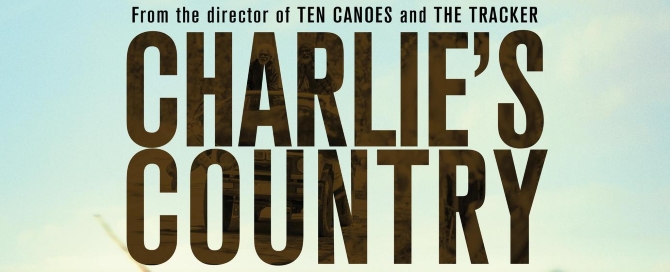
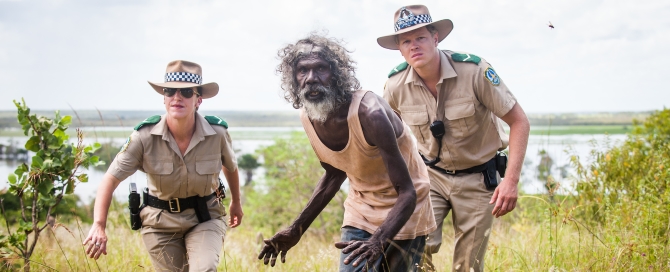
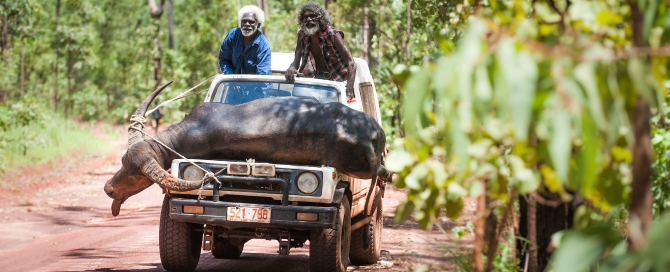




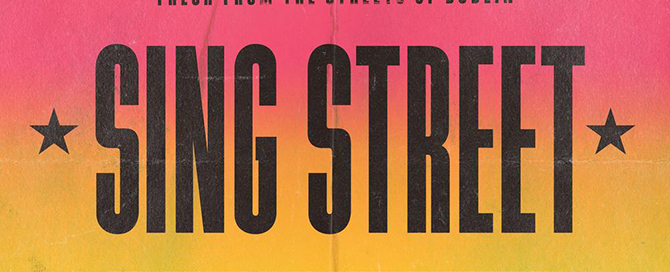
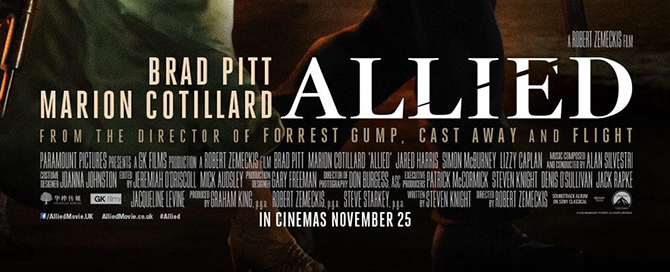
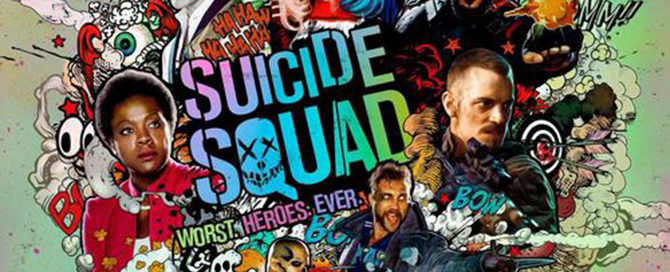
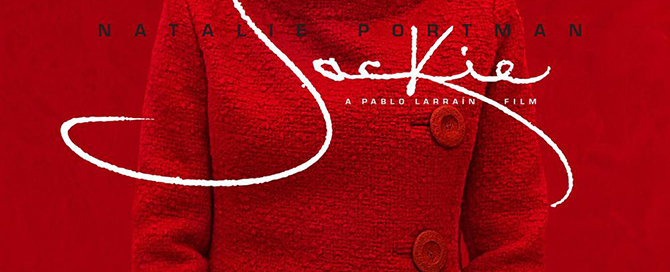
Leave A Comment